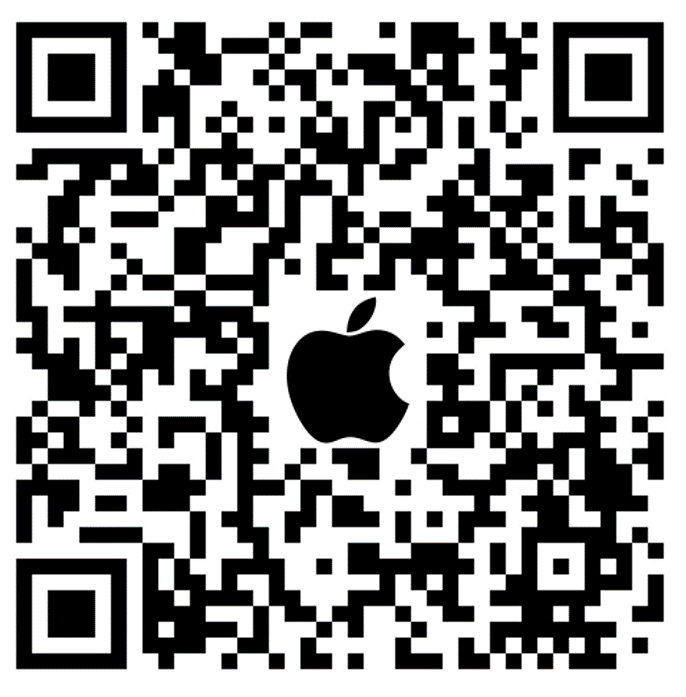
Rehabilitation Therapy Room
Service Scope
The Department showcases a highly skilled team of specialized physicians and therapists, working seamlessly as an exceptional team. Rehabilitation medicine is a field intricately linked to people's everyday lives. In addition to evident degeneration, conditions such as limb weakness and paralysis caused by strokes or external injuries, our department caters to individuals of all ages who experience discomfort in their muscles, tendons, ligaments, nerves, or skeletal structure due to improper usage, exceeding their physical limits, or poor posture.
Service Highlights
- Physical Therapy
- Instrumental Therapy: Cold/hot packs, infrared, photobiomodulation therapy, paraffin wax baths, ultrasound, shortwave therapy, traction, circulatory therapy, vector interference, hydrotherapy, electrical stimulation, and more.
- Exercise Therapy: Inclined platform training, passive joint exercises, traction exercises, muscle endurance training, walking training, and more.
- Occupational Therapy: Training in activities of daily living, sensory-motor training, hand and finger function training, coordination training, perceptual-cognitive training, sensory stimulation therapy, and more.
- Assessment of Physical and Mental Disabilities.
- Issuance of Assistive Device Assessment Reports.
Treatment Items and Symptom Reference
- Physical Therapy:
- Neuromuscular System Disorders: Carpal tunnel syndrome, hand numbness, hand weakness, facial nerve paralysis, stroke (including cerebral hemorrhage, cerebral vascular obstruction, cerebral vascular embolism, arteriovenous malformation rupture), sequelae of head trauma, spinal cord injury, encephalitis, brain tumors, etc.
- Musculoskeletal Disorders: Neck and back pain caused by long-term labor, improper posture, frequent heavy lifting, etc.; degenerative joint diseases in the neck, back, and knees; sciatica; vertebral compression fractures; muscle weakness after fractures; joint contractures; rheumatoid arthritis; ankylosing spondylitis; gouty arthritis; scoliosis; post-arthroplasty rehabilitation; other joint diseases and their sequelae.
- Soft Tissue Injuries: Muscle strains, sprains, tendinitis, adhesive capsulitis (frozen shoulder), tennis elbow, mommy thumb, fasciitis, plantar fasciitis, etc.
- Occupational Therapy: Tendon inflammation and rupture, sequelae and compression of peripheral nerve disorders, fractures, joint diseases, cerebrovascular diseases (stroke), head trauma, spinal cord injury resulting in rehabilitation needs for limb movement, cognitive function, and activities of daily living, as well as various types of orthotic fabrication.
Patient Guides:
- Important Notes for First-Time Patients: Patients diagnosed in the outpatient department requiring rehabilitation should bring the treatment card and related documents prescribed by the physician to the Rehabilitation Therapy Room to complete the treatment procedures. The front desk staff will arrange the rehabilitation appointment and provide information on payment, rehabilitation processes, and important instructions.
- Important Notes for Rehabilitation Patients: Patients should arrive at the scheduled treatment time (preferably five minutes early) with their national health insurance card and payment receipt or treatment billing statement to check-in at the reception desk of the rehabilitation treatment room. They will receive the treatment card and proceed to the Rehabilitation Therapy Room for treatment.
Useful Links



